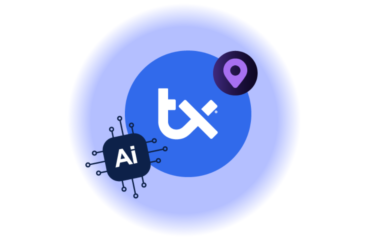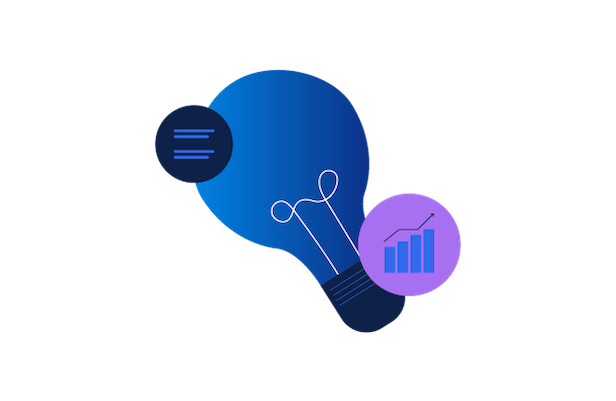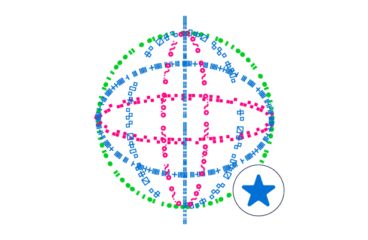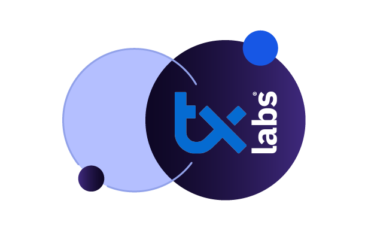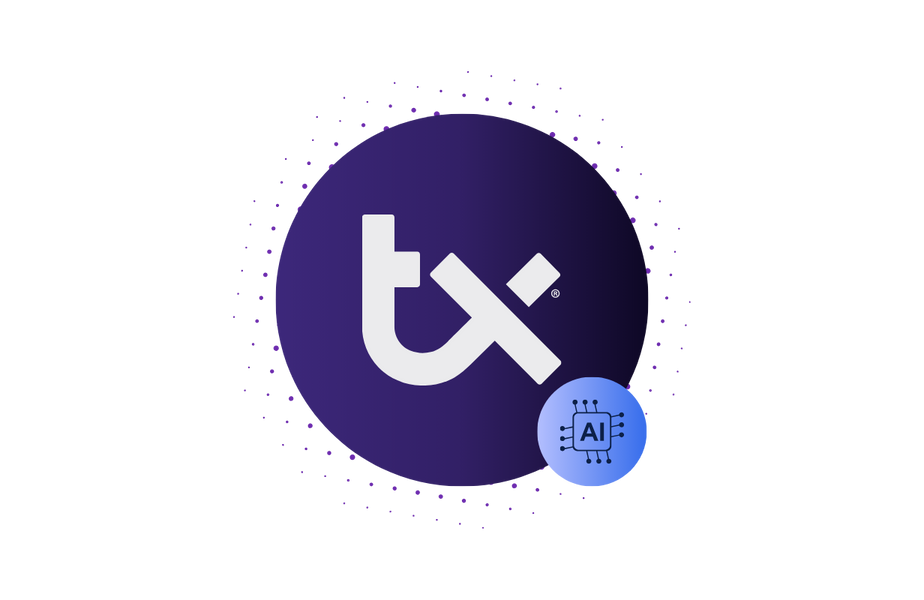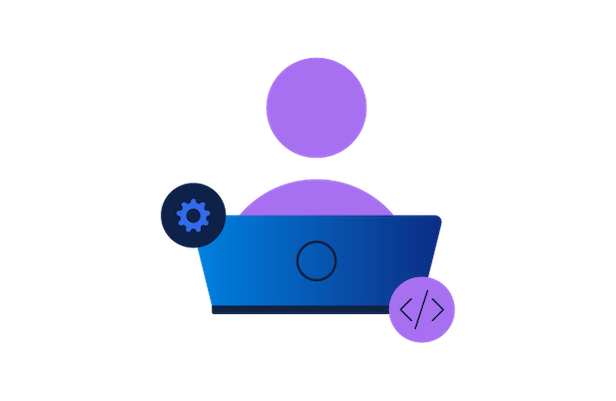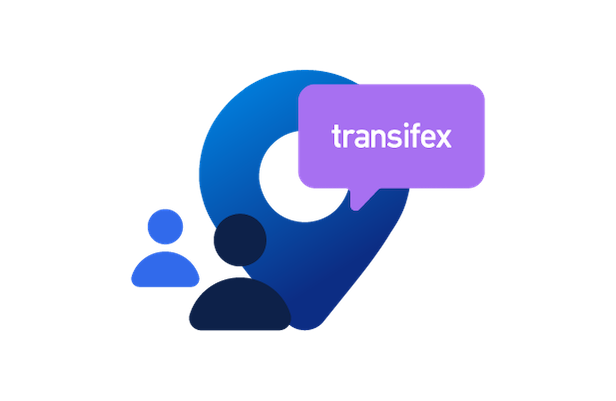Earlier this month, Mike from our product team hosted a live webinar around Localization Strategy and Workflow Hacks. We also had the honor and privilege to have Isadora Fernandes, Programm Manager for i18n & I10n at Quora with us.
Isadora introduced attendees to Quora’s localization strategy, smart tips, and tactics that contributed heavily to their expansion to non-English speaking audiences and markets.
With this Webinar, we are focusing on three different parts:
- Localization Strategy & Implementation
- Localization Workflows Research
- Future of Localization
Here’s a quick look!
1. Localization Strategy and Implementation
The first part of the webinar covers the when, where, how, and ROI of localization strategy. To put it another way, our speakers aimed to address popular questions that often arise to anybody who’s exploring localization.
Such questions are:
- Which local markets to target first?
- When is the right timing?
- How to get started with localization?
- What are the available tools and options?
- How to integrate it into your overall business strategy and plan?
- How to measure the impact of your localization efforts?
- What are the right KPIs?
2. Research on Localization Workflows
During the second part of the webinar, we present real customer insights from recent Transifex research around localization workflows. The research reveals that:
- 80% of the interviewed customers have automated content input and content release. This is mainly driven by the fact that engineers prefer to work on adding value to the core application, to providing one-off localization notes.
- 54% intend to move L10N earlier in the process despite the fact that currently, localization starts only when development is complete, potentially causing delays in the releases.
- 63% reports that translation quality is very important
- 72% release the translated content once it’s fully translated.
3. Future of Localization
The third part of the webinar talks about the future of localization. It’s all about how we and our guest speaker from Quora foresee and envision it. The speakers and the audience agreed that localization is getting a more active role in the development cycle, as it should be.
On top of that, localization is getting more continuous with the introduction or optimization of automations and features like Machine Translation.
To conclude, Mike mentioned that working lean and agile actually means having better control of the localization process along with clear responsibilities and tasks for the different teams involved. He also stresses the importance of collaboration among the teams, as the process becomes more continuous and agile.
Sounds interesting? The webinar recording is available on-demand here.
Related posts
Localization Strategy Development With a Global Strategic Vision
